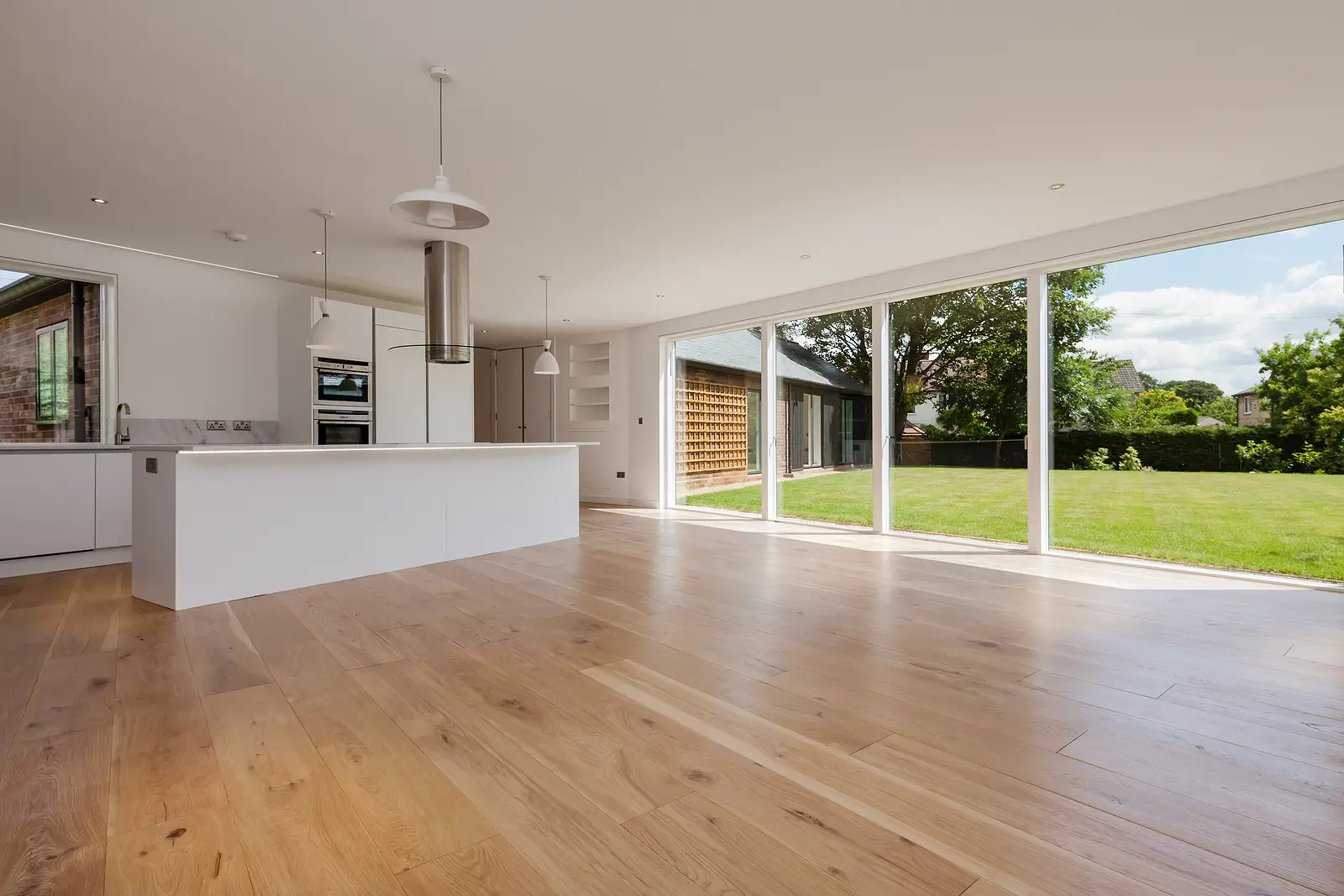Vacant properties pose a silent but serious threat to property owners, especially when left unmanaged for extended periods. Whether it’s a residential rental or vacant commercial property, these empty buildings are significantly more susceptible to property damage, theft, and liability claims.
For many property owners in Bellevue, WA budgeting for repairs, the risk of insurance loss on unmanaged vacant properties isn’t just a line item—it’s a potential financial catastrophe if not handled correctly.
At Brink Property Management, we’ve seen firsthand how vacant structures can quickly shift from being valuable assets to high-risk liabilities. In this post, we’ll explore the challenges of insuring vacant properties, the specific risks they present, and the insurance implications that come into play when properties remain unoccupied.
Insuring Vacant Properties: Why It’s So Complicated
The insurance perspective on vacant buildings is straightforward: they’re risky. From an insurer’s point of view, an unoccupied property is far more vulnerable to property damage, criminal activity, and even structural deterioration. As a result, many standard property insurance policies have common exclusions for vacant buildings, meaning you could lose coverage without even realizing it.
A property is typically considered vacant if it’s unoccupied for 30 to 60 days, though this can vary depending on your insurance provider. When this happens, your existing policy may become void or may require a separate policy known as vacant property insurance.
The Risks of Vacant Property: An Overview
Whether it’s a residential rental or vacant commercial property, leaving a building empty comes with serious specific risks:
Water Leaks & Frozen Pipes: With no one to notice or report leaks, a simple drip can escalate into costly water damage.
Theft & Vandalism: Copper wiring, HVAC units, and other materials in vacant commercial properties are easy targets for thieves.
Illegal Dumping & Squatting: Empty lots often attract criminal activity, unauthorized occupants, and trash dumping.
Fire Hazards: Faulty wiring or unattended heating systems can cause fires that go unnoticed until it’s too late.
Structural Decay: Without regular maintenance, minor issues like leaks or pests can lead to further damage.
The combination of these threats significantly increases the risk factor that insurers assess when pricing or approving coverage.
Insurance Coverage Challenges for Vacant Buildings
Insuring vacant properties is not just about maintaining your existing property insurance policy—it requires understanding the key differences in what’s covered and what’s not. Standard policies often exclude:
Theft or vandalism
Glass breakage
Water damage
Liability claims
To maintain coverage, property owners often need to purchase vacant commercial property insurance or a specialized rider. These provide comprehensive coverage for the unique risks associated with long-term vacancies. However, this coverage is usually more expensive and may come with higher deductibles and limited terms.
Implications of Unoccupied Premises for Property Owners
Insurance implications extend far beyond policy terms. If damage occurs while a building is considered vacant and you haven’t updated your policy, your insurer can deny your claim—leaving you with the full cost of repairs, legal fees, and possibly medical bills if someone gets hurt on the premises.
Moreover, liability risks increase dramatically. If someone is injured during an attempted theft or because of unsafe conditions, like broken stairs or unsecured entry points, you could be held liable. Without liability insurance tailored to vacant properties, this could spell financial disaster.
Rental Property Exposures When Structures Are Vacant
For landlords, the rental property exposures when structures are vacant are especially critical. These include:
Loss of rental income during vacancies
Increased liability for injuries or damage
Deterioration due to lack of regular inspections
Alarm systems and security systems becoming inactive or outdated
At Brink Property Management, we help Bellevue landlords mitigate these risks through property management solutions, including helpful Tenant FAQs that keep properties well-maintained, secure, and monitored, even between tenants.
Liability Insurance: Why It’s Essential for Vacant Properties
Liability insurance is a must for all property owners, but it’s even more vital for those managing or owning vacant commercial properties. These spaces often include valuable assets that attract criminal attention and pose unique hazards. Without the right protection, a single incident could result in tens of thousands of dollars in legal fees, medical bills, or structural repairs.
Strategies for Reducing Insurance Risks in Vacant Properties
So, how can you reduce the increased risk and safeguard your investments?
1. Secure the Property
Install security measures such as cameras, alarm systems, reinforced locks, and motion-activated lights. A monitored security system can deter theft and provide evidence in the event of an incident.
2. Perform Regular Inspections
Schedule regular inspections to catch potential issues early, like water leaks, infestations, or entry attempts.
3. Maintain Utilities Carefully
Keep heat and electricity running minimally to prevent frozen pipes and maintain ventilation, but always under the supervision of property managers.
4. Work with a Property Management Company
Professional property management services, like those offered by Brink Property Management in Bellevue, ensure that your vacant commercial or residential rental stays safe, clean, and compliant. We also coordinate with your insurance provider to make sure you have the right insurance coverage.
5. Update Your Insurance Policy
Discuss vacant property insurance or adding a separate policy with your insurer to cover the time your building is unoccupied. Be honest about how long the property may remain vacant to avoid denied claims.
From an Insurance Perspective: What You Need to Know
From an insurance perspective, the longer a property is vacant, the greater the risk. Insurance companies look at long-term vacancies as unstable investments with a higher chance of unforeseen events and liability claims.
Being proactive with property management, security measures, and insurance coverage can help you avoid major losses and maintain your property's financial protection.
Partner with Brink Property Management in Bellevue
If you're a property owner in Bellevue, WA, dealing with vacant units—either residential or commercial properties, don’t go it alone. Brink Property Management provides expert services that reduce your exposure, maintain your property’s value, and guide you through the complexities of insuring vacant properties.
We handle regular maintenance, oversee security systems, perform routine inspections, and help you stay compliant with your insurance policy, so you don’t face surprises if damage occurs.
Protect your investment before it’s too late. Contact us today to learn more about how we help property owners navigate the challenges of vacant property insurance and beyond.



